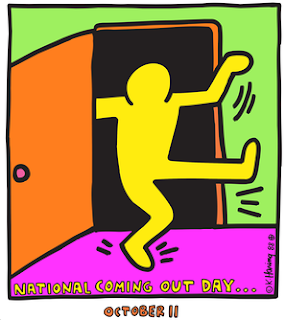Japan’s First Step: Shibuya Recognizing Same-Sex Marriage
On April 1st, 2015, Shibuya ward (in Tokyo) became the first to recognize same-sex marriage. The certification of same-sex marriage will benefit couples such as housing and hospital visitations. While this district is a small part of Japan, this was a big move in IGBTQ+ rights in the country. According to Nippon.com, Shibuya mayor Kuwahara Toshitake wanted “the creation of a diverse society, where differences are accepted” (McMahon, p. 8). In the 19th century, homosexuality was normalized among samurais, priests, etc., while Europe thought that it was sinful and a crime due to its strong sense of Christianity. But in the Meiji era, Japan wanted to adopt Western ideas, and homosexuality was later seen as an illness or abnormal thing. Without expressing interest in becoming more Westernized, homophobia would not have existed in Japan, it was all because Japan wanted to superiorize themselves by relating themselves with Europeans. It is also interesting to consider how this is compared to the US. Again, the homophobia in Japan came from Europe. Still, the US was legalizing same-sex marriage nationally while Japan, a country that used to normalize homosexuality before Western influence, has just announced its first legalization of same-sex marriage in a district. The difference in scale and how things move in different countries are interesting.
Citations:
“Tokyo Ward Shibuya Certifies Same-Sex Partnerships.” BBC News, BBC, 31 Mar. 2015, www.bbc.com/news/world-asia-32130599.
“Rainbow in the East: LGBT Rights in Japan.” Nippon.Com, 1 July 2023, www.nippon.com/en/currents/d00174/?cx_recs_click=true.
“Signs of Growing Acceptance for Japan’s Gay Community.” Nippon.Com, 1 July 2023, www.nippon.com/en/nipponblog/m00074/?cx_recs_click=true.


